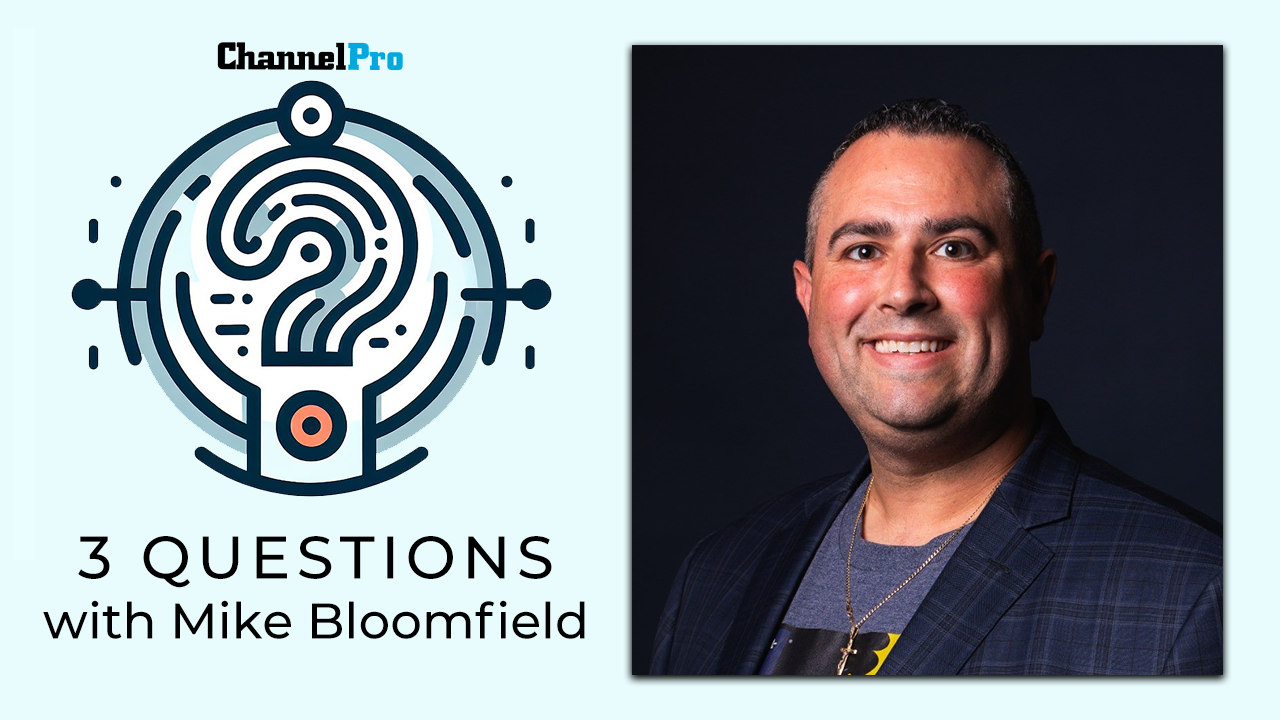“Price” is a common headache for MSPs. There is a belief that service providers must tailor their offers and proposals to client needs and budgets. That’s wrong. In reality, most clients choose value over price.
Take, for example, credit cards. As a rule, I don’t pay for credit cards. When my partner said we should pay $595 a year for a credit card, I rolled my eyes — that’s way too high. Our credit card budget is negative, actually. I expect credit cards to pay us.
When you ask your prospects — who aren’t interested in IT and have no idea about its value to their businesses — what their budget is, they don’t know. Their response likely will just be, “less than what I’m paying now.”
There is a better way.

Jeff Loehr
Budgets Are Irrelevant
Focusing on budget ignores a fundamental fact: People will buy when the value of an offer exceeds the price they pay minus the trust/risk balance.
How this works:
- Value is the importance of the transformation in the customer’s mind. If you speed up their operations and allow them to sell 10% more and they currently sell $10 million annually, the value is $1 million.
- Price is what you charge; say, $240,000 a year.
- The trust/risk balance is how likely they think you can deliver and by when. If they 100% believe you can deliver the value tomorrow, the trust is high and risk low. This makes your price a bargain and your offer a no-brainer.
If they don’t know you and have no idea what, when, or whether you can deliver, then trust is low, risk is high, and your price may be too high. The crucial factors are value, trust, and risk, not price.
This is why we paid $595 for that credit card even though our budget was zero. It offered us a $1,500 credit card transaction fee refund. We checked the fine print and were convinced this was legitimate, so paying $595 was a bargain.
Focus Your Efforts on Value and Trust
Most MSP marketing is “spray and pray,” aimed at selling IT services to people who don’t want or value them. Many MSPs spend tens of thousands of dollars a year badgering leads with mail, email, and phone calls to get a few low-value, pain-in-the-neck clients.
It’s like asking people how much they want to spend on a credit card, and the only people willing to spend anything are those with bad credit.
Instead, communicate value and build trust. You can establish value by showing how you transform customers’ businesses by asking:
- How much more efficient will they be when you work with them?
- What costs will you save them?
- What revenue opportunities do you unlock?
Build trust by helping prospective clients get to know you, staying in touch, and solving problems over time. Sales and marketing are like dating; go on a few dates to show them how irresistible you are before you ask them to sign a contract — or get married.
Not Everybody Is a Customer
It’s not likely that everyone you meet will be interested in your services and able to pay — even if they see the value. That’s okay. They aren’t your customers; they don’t have the problem you solve.
When I traveled often, I paid for a credit card that gave me access to lounges and ticket fee refunds. I don’t travel nearly as much these days, and as much as I appreciate the lounges, the value to me is less than the price. I no longer have that card; today, I care more about transaction fees than lounges.
Instead of contorting your offer to meet prospective clients’ budget constraints, give them your business card, stay in touch, build trust over time, and be there when they value you. You don’t want to work with people who aren’t your ideal customers anyway.
Jeff Loehr is CEO of Start Grow Manage. He and his partners help MSPs get more MRR, profit, and value from the business without the endless hustle and technical grind.
Image: iStock













